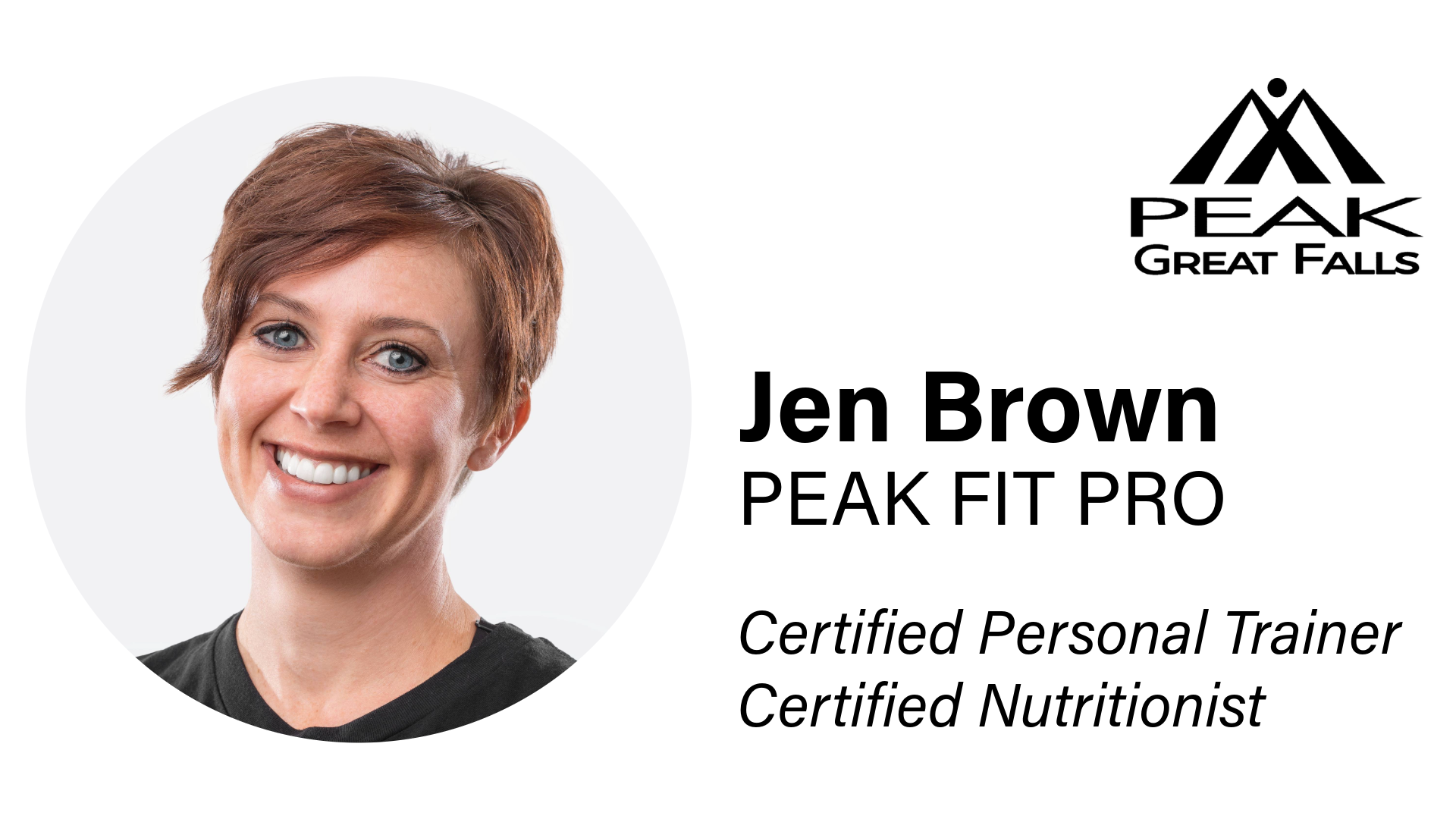
4 minute read
Hidden Dangers of Workout Supplements: Risks for the Elderly and Regulatory Gaps
In the quest for enhanced physical performance and improved health, many individuals, including older adults, turn to workout supplements such as creatine, energy drinks, and kratom. While these products promise various benefits, they also carry potential risks, especially for the elderly. Compounding these concerns is the lack of stringent regulation by the U.S. Food and Drug Administration (FDA), which can lead to safety and efficacy issues.
Creatine and the Elderly
Creatine is a popular supplement known for its ability to enhance muscle mass and strength. For older adults, maintaining muscle mass is crucial to combat age-related muscle loss, known as sarcopenia. Some studies suggest that creatine supplementation, combined with resistance training, may benefit the elderly by improving muscle strength and physical performance. However, potential side effects include weight gain, muscle cramps, and gastrointestinal issues. Individuals with kidney disease or diabetes should exercise caution, as creatine may exacerbate these conditions. (1)
Energy Drinks: A Double-Edged Sword
Energy drinks often contain high levels of caffeine and other stimulants designed to boost alertness and energy. While they might provide temporary benefits, excessive consumption can lead to adverse effects such as increased heart rate, high blood pressure, and sleep disturbances. For older adults, who may have underlying cardiovascular issues, these risks are heightened. Moreover, energy drinks can interact negatively with certain medications commonly prescribed to the elderly.
Kratom: An Unregulated Herbal Supplement
Kratom, an herbal supplement derived from a Southeast Asian tree, is used for its stimulant and opioid-like effects. Despite its growing popularity, kratom is associated with serious health risks, including liver damage, seizures, and respiratory depression. The elderly may be particularly susceptible to these adverse effects due to age-related changes in metabolism and the potential for interactions with other medications. Notably, the FDA has not approved kratom for any medical use, and its unregulated status raises significant safety concerns.
The FDA’s Role and Regulatory Challenges
Dietary supplements, including workout aids like creatine, energy drinks, and kratom, are regulated by the FDA under the Dietary Supplement Health and Education Act of 1994 (DSHEA). Unlike pharmaceuticals, dietary supplements do not require pre-market approval from the FDA. Manufacturers are responsible for ensuring their products are safe and accurately labeled, but they are not obligated to provide evidence of efficacy or safety before marketing. This regulatory framework means that potentially harmful products can reach consumers without adequate oversight. (2) (3)
The FDA can take action against dietary supplements that are adulterated or misbranded, but this typically occurs only after products are already on the market and have been shown to cause harm. For instance, some bodybuilding products have been found to contain illegal steroids or steroid-like substances, posing significant health risks. (4)
Recommendations for Older Adults
Given the potential risks and regulatory gaps, older adults should exercise caution when considering workout supplements:
1. Consult Healthcare Providers: Before starting any new supplement, discuss it with a healthcare professional, especially if you have existing health conditions or are taking other medications.

2. Research Products Thoroughly: Look for supplements that have been third-party tested for quality and purity. Organizations like NSF International or the U.S. Pharmacopeia (USP) offer certifications that can provide some assurance of a product’s content.
3. Monitor for Adverse Effects: Be vigilant for any negative reactions after starting a supplement and discontinue use if adverse effects occur.
4. Prioritize Balanced Nutrition: Focus on obtaining nutrients from a well-balanced diet rich in whole foods, which can provide the necessary components for health without the risks associated with supplements.

Conclusion
In conclusion, while workout supplements may offer perceived benefits, they also pose significant risks, particularly for the elderly. The current regulatory framework does not guarantee the safety or efficacy of these products, making it imperative for consumers to approach them with caution and seek professional medical advice before use.

REFERENCES
(1) (WebMD Editorial Contributor. (2023, May 1). Is Creatine Safe for Older Adults? WevMD. https://www.webmd. com/healthy-aging/is-creatine-safe-for-older-adults?)
(2) (Research, C. F. D. E. A. (2024, March 5. FDA’s Regulation of Dietary Supplements with Dr. Cara Welch. U.S. Food And Drug Administration. https://www.fda.gov/drugs/news-events-human-drugs/fdas-regulationdietary-supplements-dr-cara-welch).
(3) (Chokrane, B. (2025, February 13). Here’s What the FDA label on your personal care products means (2025). Wired. https://www.wired.com/story/fda-label-cleared-approved).
(4) (Office of the Commissioner (2024b, September 20). Caution: bodybuilding products can be risky. U.S. Food And Drug Administration. https://www.fda.gov/consumers/consumer-updates/caution-bodybuildingproducts-can-be-risky).

